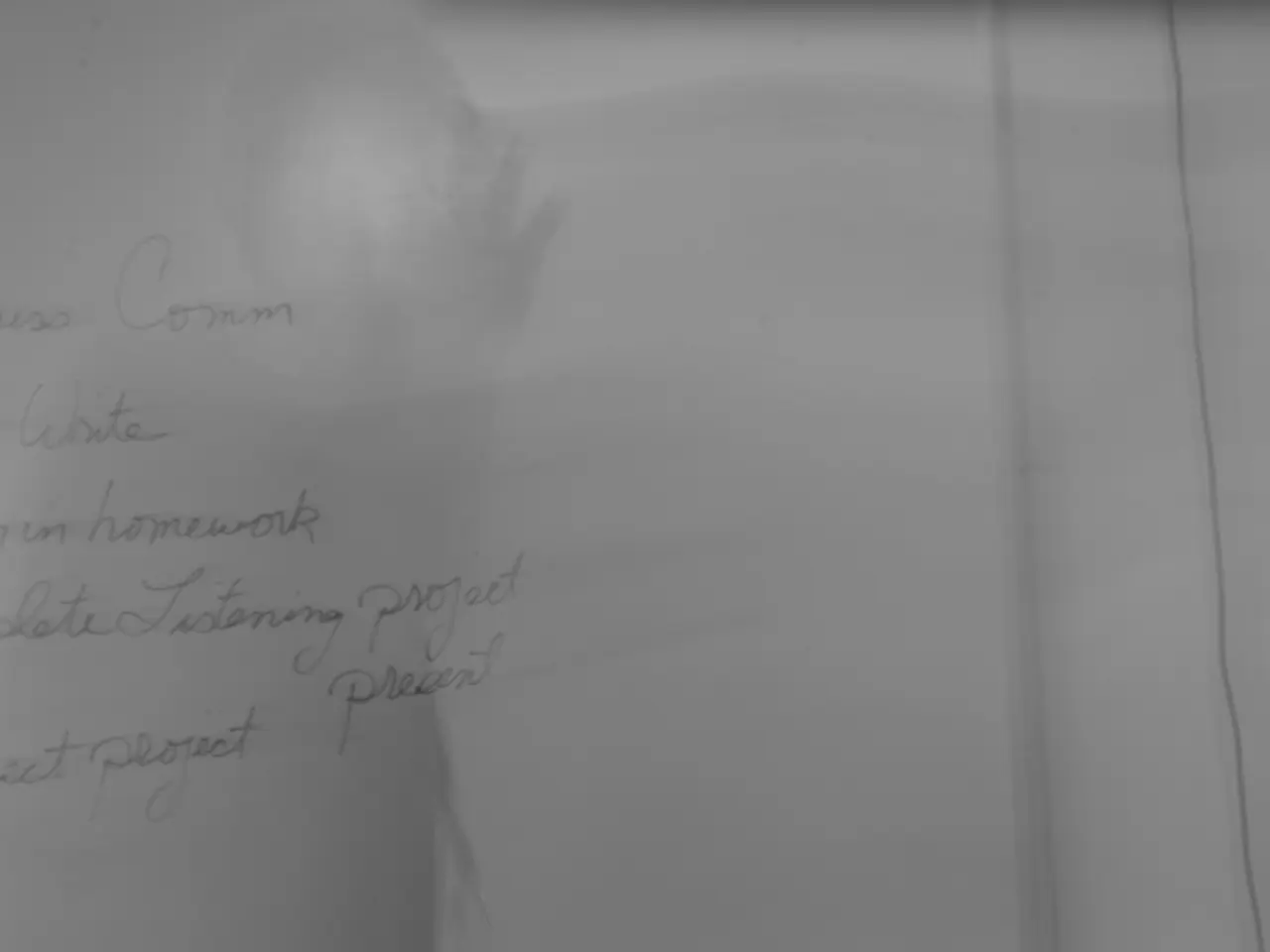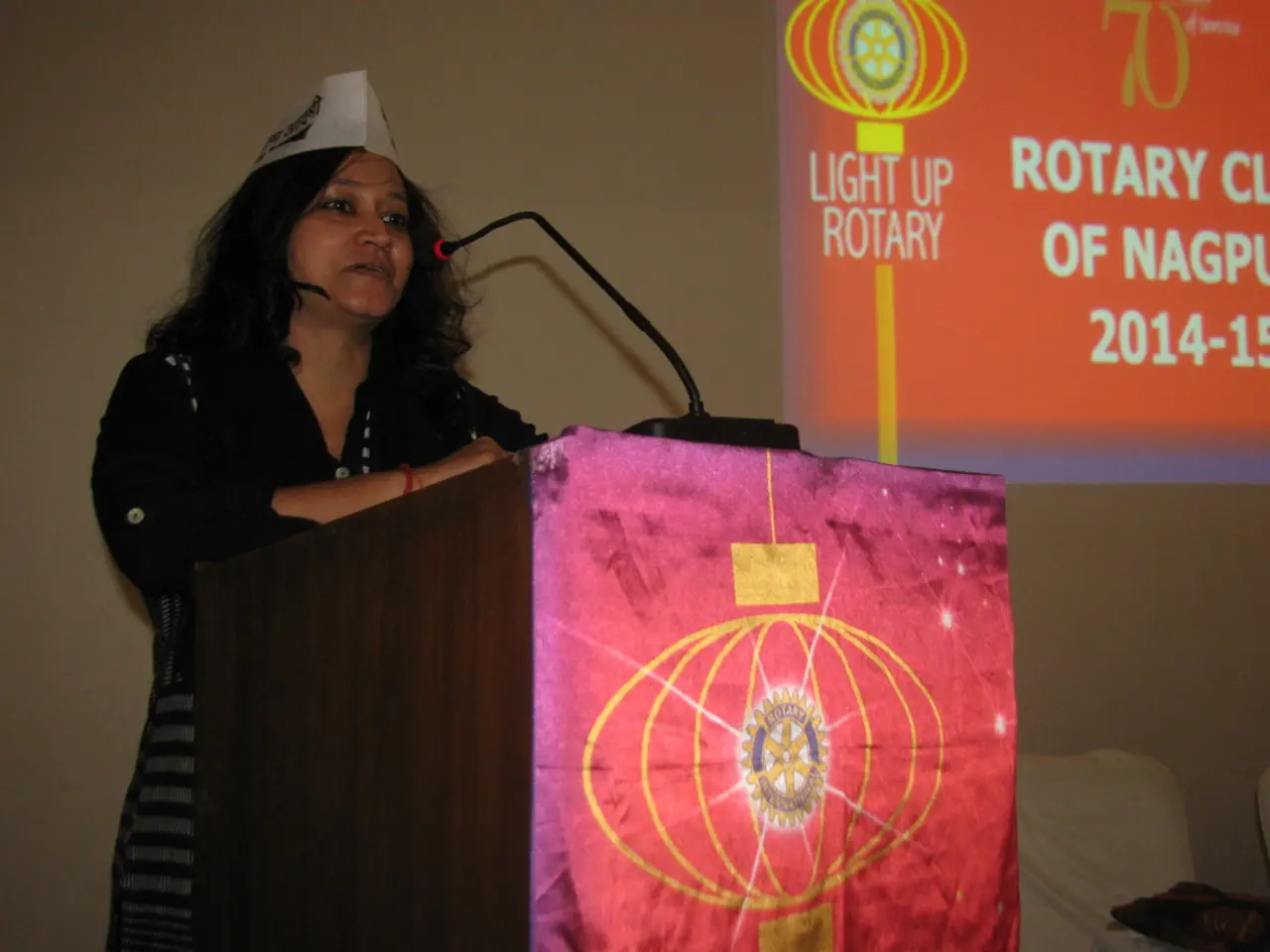Prosecution of CSU Member in Azerbaijan Results in Probationary Sentence
A former German politician, Eduard Lintner, has been found guilty of playing a key role in a bribery scandal involving Azerbaijan. The case, which is part of a wider corruption investigation known as the Azerbaijani laundromat scandal, has shed light on the strategic use of financial incentives by Azerbaijan to exert influence over European political processes.
The Munich Higher Regional Court found Lintner guilty of facilitating cash payments from Azerbaijan to a CDU Bundestag member in exchange for promoting the country's interests within the Council of Europe. The court views Lintner's actions as a case of classic vote-buying.
The trial initially involved four suspects, including former CDU Bundestag member Axel Fischer. However, proceedings against Fischer were separated due to his illness and a long interruption, and they will start again later.
Lintner received a suspended sentence and a fine of 10,000 euros. He admitted to facilitating the transfer of Azerbaijani payments but defended his actions as common lobbying practices in parliaments. However, the court did not agree with this argument and ruled that the payments were bribes.
The court assumes Lintner was present at a crucial agreement between the CDU politician and the Azerbaijani side in a hotel in Strasbourg in 2014. The court also ruled that the CDU politician received around 111,000 euros, believed to be bribes, and the heirs of the politician should have this amount confiscated.
The proceedings against the two other co-defendants were provisionally suspended upon payment of fines. Lintner himself had previously received millions for lobbying, but not illegally.
The court's ruling suggests that a member of parliament was "bought" to vote in the interest of Azerbaijan. Margarete Bause, deputy chair of Transparency International Germany, welcomed the verdict, stating it was an important signal to protect democratic institutions and combat strategic corruption.
Azerbaijan's influence operations on the Parliamentary Assembly of the Council of Europe (PACE) have been widely criticized and are often associated with "caviar diplomacy," a term used to describe Azerbaijan's practice of bribing foreign officials and diplomats to gain favorable outcomes and legitimize its government, including its elections. This strategy became particularly noted during the mid-2010s, involving corruption and illicit lobbying activities to steer decisions within European institutions, including PACE.
The impact of Azerbaijan’s lobbying and bribery efforts extends beyond PACE to include attempts to shape policy in various Western capitals, including Washington, D.C., through registered lobbying firms, as Azerbaijan seeks to maintain favorable military and economic relationships. The case of Eduard Lintner is just one example of the broader issues of governance and integrity within European institutions, leading to calls for stronger transparency and anti-corruption measures.
The Munich Higher Regional Court's decision on Eduard Lintner's case highlights the issue of vote-buying in politics, as he was found guilty of facilitating cash payments in exchange for promoting Azerbaijan's interests within the Council of Europe. Indeed, this case is part of the broader Azerbaijani laundromat scandal, which involves general news, policy-and-legislation, and crime-and-justice matters, shedding light on Azerbaijan's strategic use of financial incentives in European political processes.







